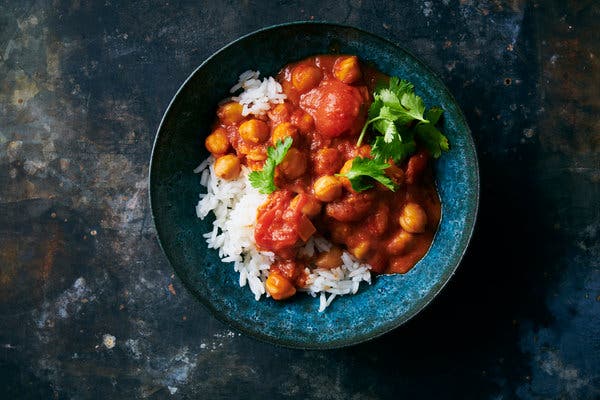It's only after the food is served that the most significant Okinawan tradition can be observed.
食物能夠看到最有意義的沖繩傳統(tǒng)。
The Okinawans developed, also, cultural habits over the years that appear to have health-protective properties.
同時(shí),沖繩人過(guò)去發(fā)展的文化習(xí)慣似乎具有保護(hù)健康的性能。
They have a saying called - eat until you're only 80% full,
他們有句諺語(yǔ):吃飯八成飽,
and that's something you hear in the rest of Japan as well,
你可以在日本的其它地方聽(tīng)到同樣的話,

but it was particularly common to hear that in Okinawa
然而在沖繩,特別普遍,
where people tended to push away from the table when they were only 80% full.
人們往往會(huì)在八成飽時(shí)離開(kāi)飯桌。
In a typical day, Matsu only consumes around 1,200 calories,
這是典型的一天,銘立只接受了1200大卡,
about 20% less than most people in Britain and America.
相當(dāng)于大多數(shù)英國(guó)人和美國(guó)人的20%還不到。
It's a phenomenon scientists call caloric restriction.
這就是科學(xué)家所說(shuō)的卡路里控制的現(xiàn)象。
Nobody understands entirely in science why caloric restriction works,
沒(méi)有人完全了解在科學(xué)上為什么要卡路里控制,
but what we do know is that caloric restriction seems to signal to the body
但是我們知道卡路里控制似乎是給身體發(fā)信號(hào),
that there is going to be an impending famine.
將要發(fā)生饑餓了。
What do you do when there's a famine about or some type of crisis?
當(dāng)發(fā)生饑餓或某種危機(jī)時(shí),你會(huì)做些什么呢?
Well, the body goes into this self-preservation mode for a future when food becomes more plentiful.
那個(gè),身體就會(huì)進(jìn)入本能的狀態(tài),接下來(lái)會(huì)大量地進(jìn)食。
It's this ability to trick their bodies into starvation
這是在欺騙身體進(jìn)入饑餓狀態(tài),
that may be keeping Okinawans physiologically so young.
這就讓沖繩人在生理上保持著年輕。











